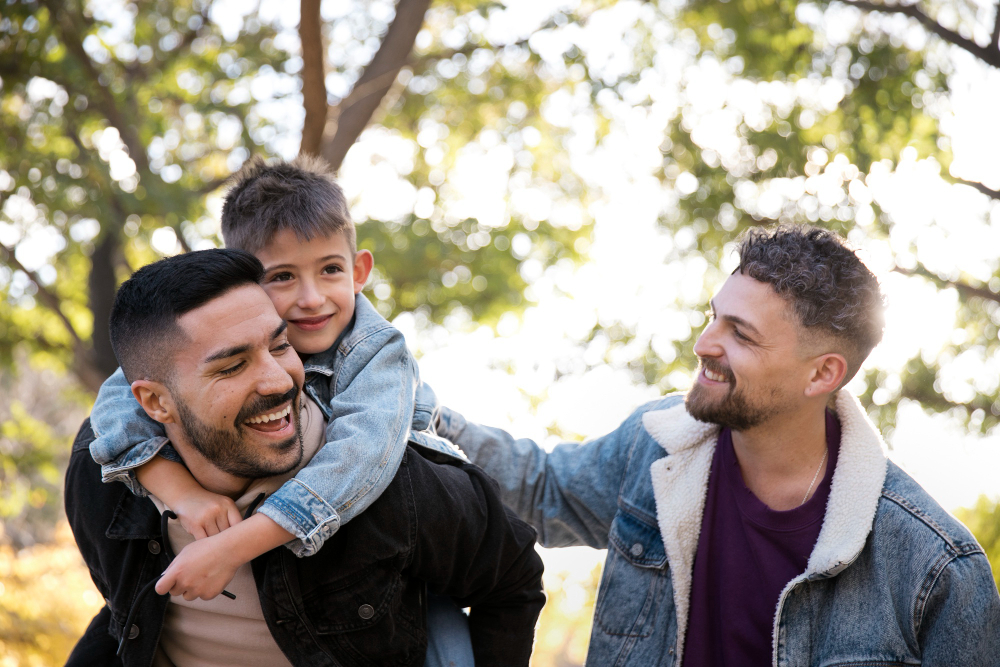If you’re learning Spanish, one of the first things you’ll want to learn is how to say “dad” or “father.” After all, this is one of the most important people in your life, and you’ll want to be able to talk about him with your Spanish-speaking friends and family.

How do You Say “Dad” in Spanish
Luckily, learning how to say “dad” in Spanish is easy and straightforward. In this guide, we’ll give you a few different ways to say “dad” in Spanish, along with some tips on pronunciation and usage.
“Papá”
One of the most common ways to say “dad” in Spanish is “papá.” This word is pronounced “pah-PAH,” with an emphasis on the second syllable. It’s a familiar and affectionate term for a father, similar to “daddy” or “dad” in English.
For example, you might say “Mi papá es muy trabajador” (My dad is very hardworking) or “Quiero comprarle un regalo a mi papá” (I want to buy a gift for my dad).
“Padre”
Another word for “dad” in Spanish is “padre.” This word is pronounced “PAH-dray,” with an emphasis on the first syllable. It’s a more formal and respectful term for a father, similar to “father” or “dad” in English.
For example, you might use this term in a more formal setting, such as a business meeting or a religious ceremony.
You might also use it when speaking to someone else about your own father as a sign of respect. For example, you might say, “Mi padre es un hombre muy sabio” (My father is a very wise man).
“Papi” is Dad in Spanish
Another term for “dad” in Spanish is “Papi.” This word is pronounced “PAH-pee,” with the emphasis on the first syllable. It’s a term of endearment, similar to “daddy” or “dad” in English, but it’s a bit more casual and playful than “papá.”
For example, you might use this term when talking to a young child or when teasing your father in a friendly way.
For example, you might say “Papi, ¿puedo salir con mis amigos?” (Daddy, can I go out with my friends?) or “¿Qué tal, Papi?” (What’s up, Daddy?)
“Viejo” Means Dad
Another term for “dad” in Spanish is “viejo.” This word is pronounced “BYAY-ho,” with the emphasis on the first syllable. However, this word has a bit of a different connotation than the other terms we’ve discussed so far.
“Viejo” literally means “old,” but in certain contexts, it can also be used as a term of endearment or affection for a father. This is especially true in some Latin American countries, where “viejo” is sometimes used to mean “daddy” or “papa.”

However, it’s worth noting that this usage can be a bit regional and may not be appropriate in all contexts. If you’re not sure whether it’s appropriate to use “viejo” to refer to your father, it’s probably best to stick with one of the other terms we’ve discussed.
In conclusion, saying ” dad” in Spanish is not difficult, and there are many resources available to help beginners. With a little practice, anyone can learn to say ” dad” in Spanish.

